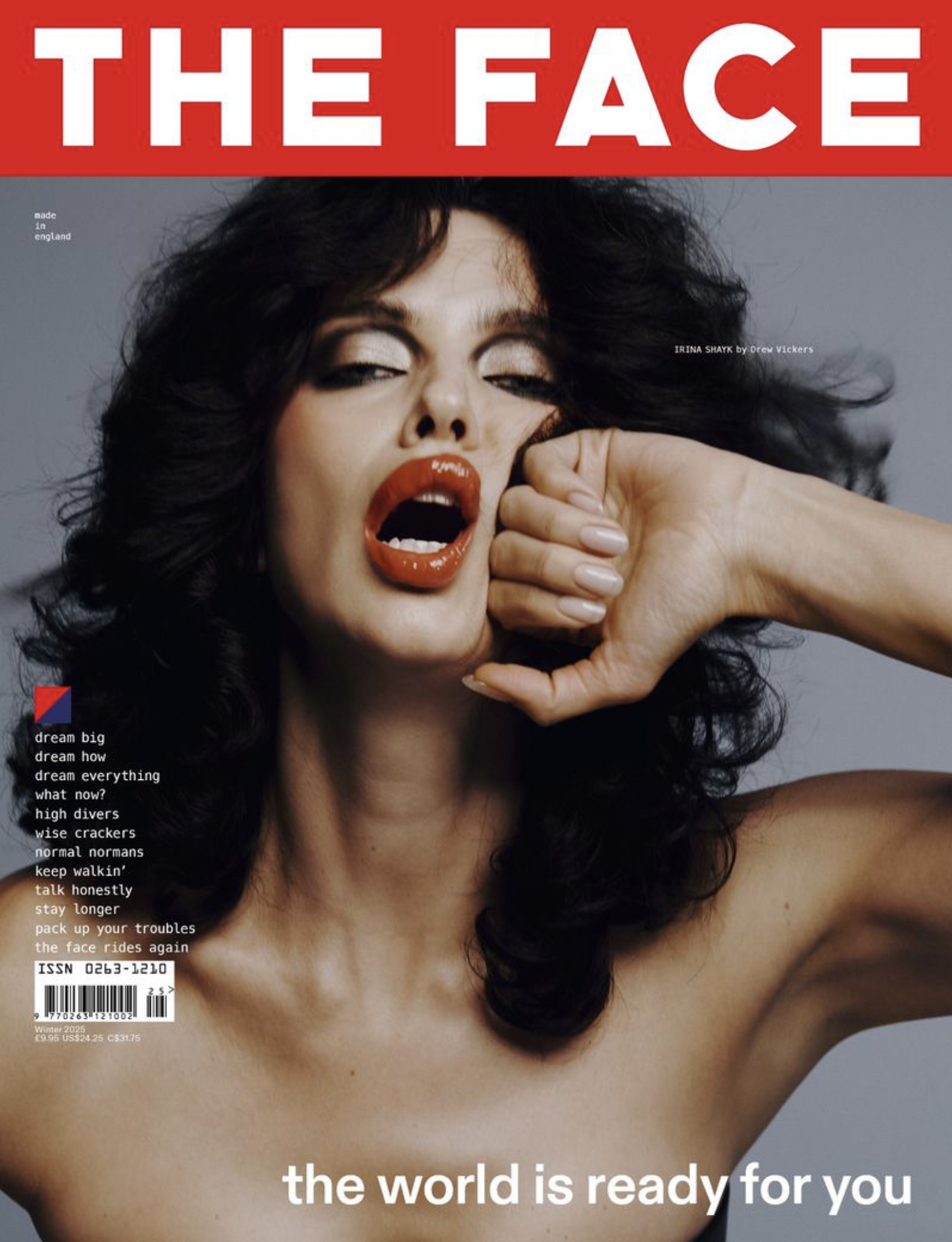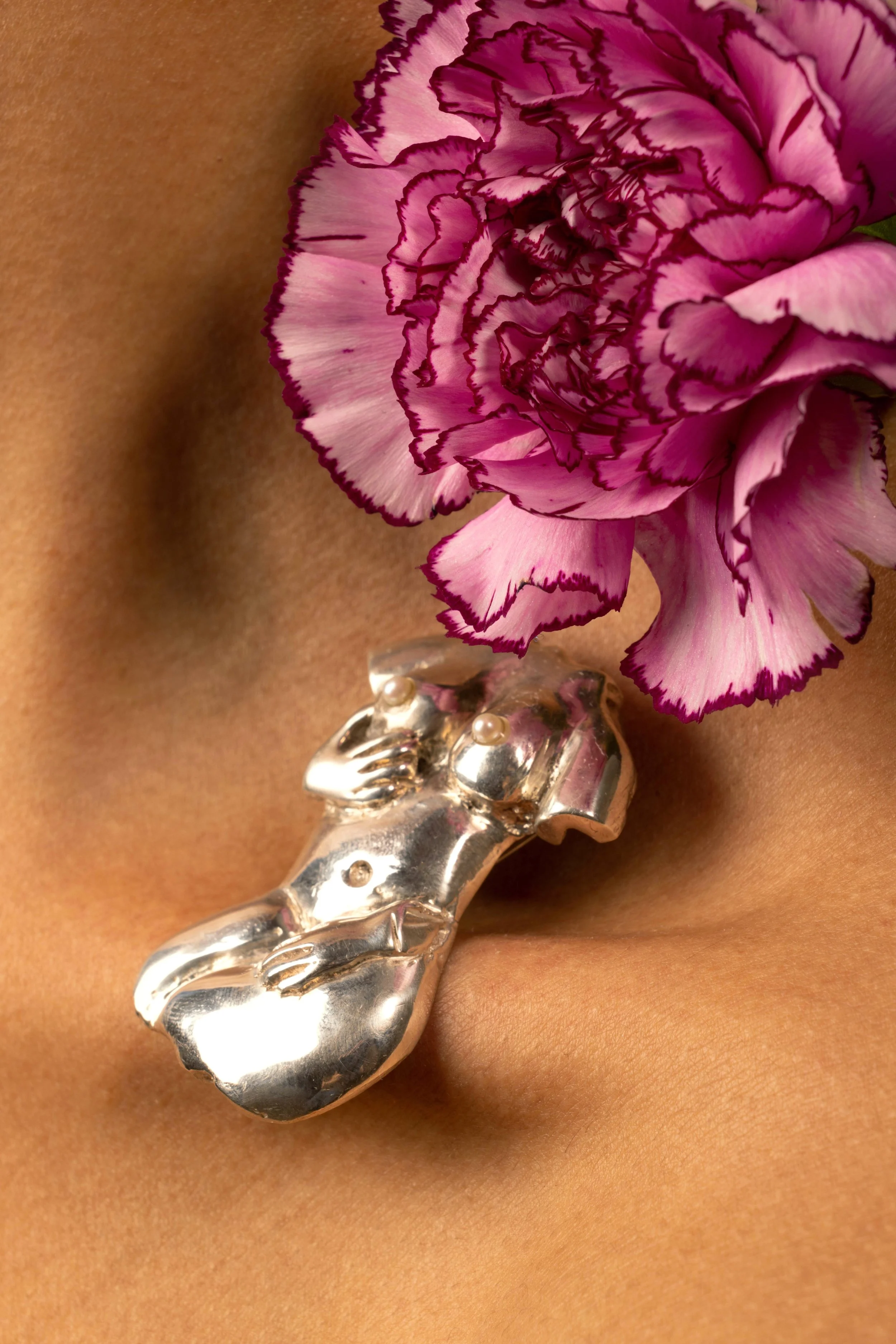Health Benefits of Apples | Rianne Ten Haken by Yu Tsai
/
Rianne Ten Haken | Yu Tsai | Harper’s Bazaar August 2012 | The Feel Good Factor
Dutch model Rianne Ten Haken is a sensualist, lensed here for Harper’s Bazaar’s August issue by Yu Tsai.
Rianne reminds us that an apple a day really does provide serious health and wellness benefits. With regard to the Biblical confusion that women like Rianne — the temptresses — are responsible for the downfall of civilization by eating the forbidden apple fruit in the Garden of Eden, religious scholars now assert that confusion in translations of mălum — meaning evil —and mālum — meaning apple.
Health Benefits of Apple
In 2010, the Iowa Women’s Health Study reported that after tracking 34,000 plus women for almost 20 years, it concluded that apples were associated with a lower risk of death from coronary heart disease and cardiovascular disease. A few years ago, Finnish researchers reviewed almost 30 years of data from 9208 study participants, concluding that apple eaters had a lower risk of stroke than nonapple eaters.
Apples are known to prevent LDL cholesterol from oxidizing while inhibiting inflammation. Apple’s soluable fiber also reduces cholesterol levels.
French researchers found that a flavanoid called phloridzin — only available in apples — may help fight osteoporosis in post-menopausal women.
A flurry of studies in 2009 detailed apples role in helping to keep breast cancer at bay. Not only did rats fed apples significantly reduce their rates of contracting breast cancer. In human terms, eating one apple a day reduced mammary cancer by 50 percent. Eating the equivalent of six apples a day reduced breast cancer by 75 percent.
Apples are associated with significantly lower risks of other cancers including lung and colon cancer.
Anne of Carversville is devoted to celebrating healthy pleasures from food to sensuality. Rianne Ten Haken’s Yu Tsai editorial reminds us of that the apple’s place in history as a ‘forbidden fruit’ may have worked to the detriment of humans and especially women.






























